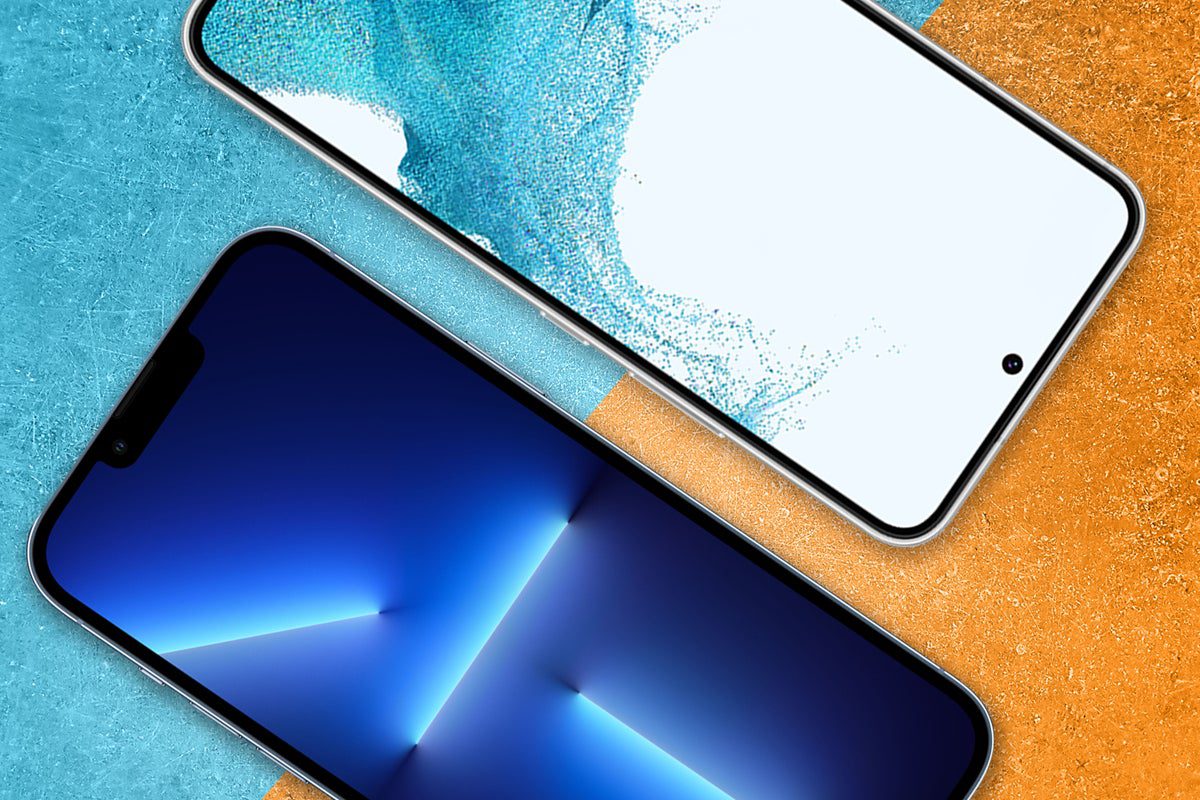The article discusses the pros and cons of the two dominant smartphone operating systems, iOS (iPhone) and Android, to help consumers make a choice between the two. It covers various factors, such as design and user interface, apps and app store, performance, customization, security, and privacy. While iOS offers a more streamlined and secure user experience, Android provides more customization options and variety in hardware. Ultimately, the decision between the two operating systems depends on personal preferences and priorities.
iPhone vs. Android: Which Operating System Wins Out?
When it comes to smartphones, two major operating systems dominate the market: iOS (iPhone) and Android. While both systems have their pros and cons, it’s important to consider which one will best suit your needs.
Design and User Interface
The design and user interface of a smartphone can greatly impact user experience. Apple’s iOS is known for its sleek and minimalist design, with a simple grid of icons on the home screen. In contrast, Android offers more customization options, with users able to add widgets and change the appearance of the home screen. Android also offers a more intuitive notification system, with notifications appearing at the top of the screen rather than interrupting what the user is currently doing.
Apps and App Store
One of the biggest differences between iOS and Android is the app store. Apple’s App Store is known for its strict guidelines and curating of apps, resulting in a more quality-controlled marketplace. In contrast, the Google Play Store offers a wider variety of apps, but users must be more cautious about downloading potentially malicious software. Additionally, exclusive apps can be a factor in choosing a smartphone – while Apple offers exclusive access to App Store-only apps, Android users have access to Google’s suite of apps.
Performance
Both iOS and Android have evolved significantly in terms of speed and performance over the years. However, Apple’s iOS tends to have better performance overall, with faster app launches and smoother transitions between apps. This can be attributed to Apple’s tight control over the hardware and software of its devices. Android, on the other hand, offers more variety in terms of hardware, meaning that performance can vary depending on the device.
Customization
For users who prioritize customization, Android is the clear winner. In addition to customizing the home screen, Android users can also change default apps, install third-party launchers, and tweak various settings. However, this level of customization can also lead to performance issues if not done carefully. iOS, on the other hand, offers limited customization options, but users can rest assured that their device will perform consistently and smoothly.
Security and Privacy
Apple’s iOS is known for its tight security and privacy features. With a locked-down operating system and strict app guidelines, the risk of malware and other security threats is low. Additionally, Apple protects user privacy by encrypting user data and only sharing it with consent. Android, on the other hand, has a more open operating system that allows for greater flexibility but also opens up the potential for security vulnerabilities.
Conclusion
Ultimately, the choice between iOS and Android comes down to personal preference and priorities. Those who value customization and variety may prefer Android, while those who value security and a streamlined user experience may prefer iOS. Ultimately, both operating systems have their strengths and weaknesses, and it’s essential to consider your needs as a user before making a decision.
